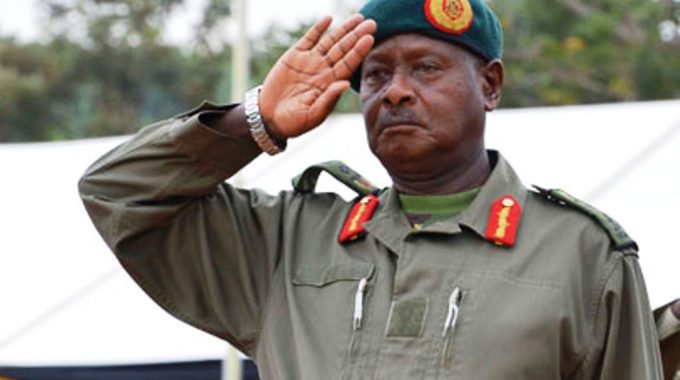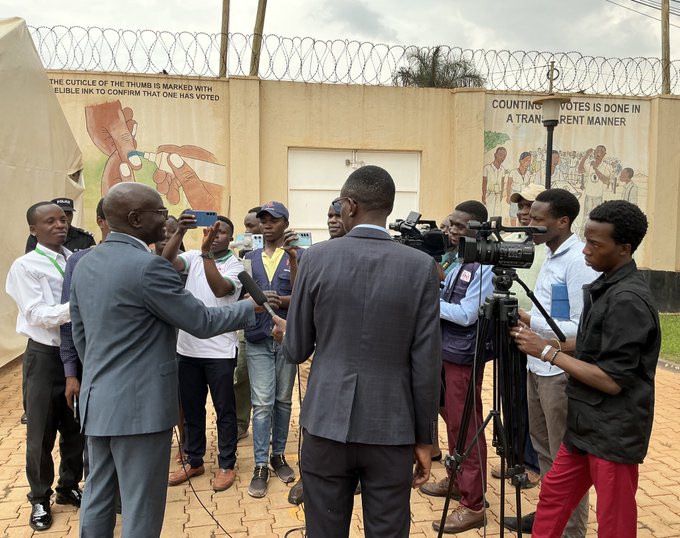Museveni’s tough questions on poor CCTV cameras, digital number plates
Addressing the inaugural session between the Office of the Director of Public Prosecutions (ODPP) and CID officers, the president did not mince words.

In a meeting that could shake the foundations of Uganda’s security apparatus, President Yoweri Museveni has put top officials on the spot over the underperformance of two major security projects: the countrywide CCTV camera network and the much-hyped digital number plate system.
Addressing the inaugural session between the Office of the Director of Public Prosecutions (ODPP) and CID officers, the president did not mince words.
He expressed his deep disappointment, stating that while he had been initially thrilled by the CCTV project, he has now discovered that these expensive cameras are blind at night.
The discovery came as a shock, given that night surveillance was a key reason for their installation.
“I was excited about this project, but now I hear the cameras only work during the day! How is that possible?” Museveni demanded as he called on the Police Director of ICT, Felix Baryamwisaki, to explain the shocking revelation.
Baryamwisaki attributed the failure to management issues, claiming that steps were being taken to fix the problem.
He added that they were collaborating with KCCA to install streetlights to enhance nighttime camera effectiveness. However, this did little to soothe the president’s frustration, especially with similar issues popping up outside the city, where streetlights are even scarcer.
But it wasn’t just the cameras causing concerns. Museveni raised another crucial question—how can police handle criminals who wear hoods to avoid detection?
Baryamwisaki’s response that, “criminals don’t typically wear hoods until they are close to their target”, seemed to highlight a broader issue of tactical preparedness.
The CCTV project, initiated in 2017 after the assassination of former police spokesperson Andrew Felix Kaweesi, was hailed as a turning point in Uganda’s fight against crime.
It came with a hefty price tag of UGX 458 billion and was spearheaded by Chinese tech giant Huawei. Despite the significant investment, the project’s issues are now making headlines.
Adding to the security woes, Museveni also expressed frustration over delays in rolling out digital number plates, a project that was expected to enhance vehicle tracking and crime prevention.
Security Minister Jim Muhwezi admitted that, “logistical challenges had pushed back the project’s launch from March to July,” but assured the president that the investor was now ready to proceed.
As Uganda grapples with these setbacks, Museveni made it clear that he expects solutions—fast. He reiterated the need for technical advancements, insisting that Uganda cannot afford to rely on outdated systems.
To this end, the president announced plans to establish a digital crime and forensic data center, designed to revolutionize the work of investigators and close the loopholes exposed by the current failures.
The message was unmistakable: Uganda’s high-tech security dream must not become a nightmare. The pressure is now on for officials to ensure these vital projects finally deliver.







